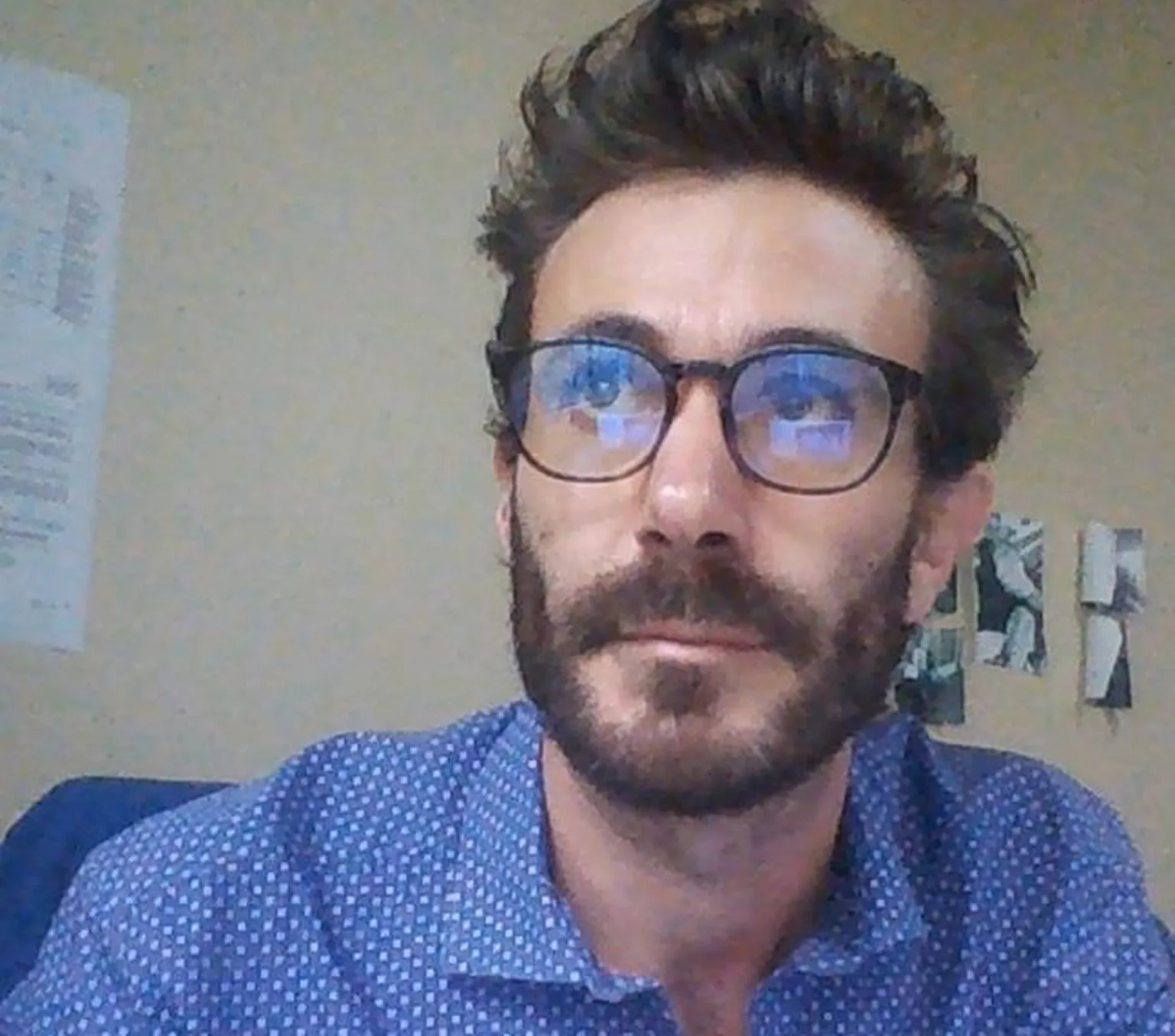WS4H in Tanzania and Malawi
Tanzania,
ongoing

Strengthening WASH governance in Tanzania and Malawi through the WS4H consortium to reduce preventable deaths of mothers and young children.
WASH Systems for Health (WS4H) in Tanzania and Malawi is a five-year multi-country consortium project (February 2024 to December 2027) additionally implemented in Nepal, Bangladesh, Nigeria, and Sierra Leone. Funded by the Foreign, Commonwealth and Development Office (FCDO) of the UK Government, the research and learning component of WS4H is supported by the WASH Systems Facility. The WASH Systems Facility collaboration includes IRC-WASH, LSHTM, and the University of Leeds, which are responsible for advancing the project's monitoring, learning, and evaluation activities. SNV manages the overall WS4H project, directing implementation in Tanzania and overseeing Water for People's (consortium partner) work in Malawi.
In Tanzania and Malawi, the ongoing process of decentralising WASH governance and management systems has resulted in relatively new subnational agencies. These agencies were created to enhance policy coherence and implementation aligned with national frameworks, promote equitable resource distribution, and foster more inclusive and participatory decision-making processes.
In Tanzania, the Rural Water Supply and Sanitation Agency (RUWASA) was established in the latter half of 2019 to lead and provide technical expertise in WASH initiatives across various districts.
In 2022, following the formation of a new Ministry of Water and Sanitation in Malawi, the responsibility for managing rural water at the village level was transferred to Water Boards.
To support the new sub-agencies in performing their roles and responsibilities effectively and efficiently, WS4H project partners will contribute to (i) professionalising rural water supply service delivery systems and (ii) co-developing effective service delivery models for safely managed sanitation and responsive hygiene promotion.
In addition, the project will help redress limited prioritisation and funding for WASH services in the country’s healthcare facilities, which has significantly affected the effectiveness of health systems, especially in delivering key services to women and young children. In Tanzania, public financing options to sustain WASH systems in healthcare facilities will be explored.
About the consortium project
WASH Systems for Health is a partnership that contributes to strengthening systems for more reliable, resilient, and inclusive WASH services and ending preventable deaths (EPD) of mothers, young children, and infants in six sub-Saharan and South Asian countries. It reflects an important shift in the UK government's international development strategy objectives and programming. Instead of focusing on increasing first-time access to basic WASH services, the project contributes to enhancing the sustainability of safely managed WASH services. In support of this refreshed vision, the project:
empowers women, enabling them to make informed decisions about the WASH services they need and receive.
focuses on attracting new public and private finance to accelerate progress in SDG6 WASH targets, including universal access to safely managed services.
The partnership will use IRC’s WASH systems building blocks to promote reflexive exercises and collaboration among multiple stakeholders in addressing the systemic bottlenecks to inclusive and climate-resilient WASH services.




